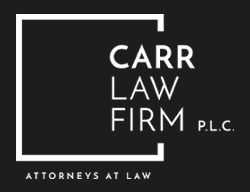There are two different types of controlled substances that may lead to prosecution in Iowa. The first includes prohibited drugs that have no acknowledged medical value and are, therefore, against the law to possess or use for any purpose. These drugs include methamphetamine and cocaine, among other popular recreational drugs.
There are also numerous controlled substances that Iowa limits access to and the right to possess based on medical necessity. People often think of prescription substances as legal and therefore less dangerous than street drugs. For example, someone may think that they can avoid criminal charges if they get caught with prescription painkillers as opposed to heroin. However, police and prosecutors absolutely take action when they suspect the abuse of prescription medication.
Prescription drugs are at the forefront of the overdose tragedy
In recent years, there has been a significant increase in the number of people struggling with addiction to opioid pain relievers. Not only do people end up addicted, but people may consume more fentanyl than their bodies can handle, leading to deadly overdoses. Given the spike in fentanyl and opioid fatalities, courts have a vested interest in deterring people from distributing these dangerous drugs.
Judges and prosecutors may pursue criminal charges aggressively and impose harsher penalties because they have daily exposure to the harms of prescription drug abuse. People can get arrested simply for having a medication for which they do not have a valid prescription. Even transporting medication for loved ones, if it is no longer in the original sealed packaging, could lead to criminal accusations and charges.
When it comes to fentanyl, in particular, possession charges can lead to very serious penalties. Possessing less than five grams of fentanyl could face up to 10 years in state custody and $50,000 in fines. Those with more than five grams of fentanyl but less than 50 grams could face up to 25 years in prison and $100,000 in fines.
While not all prescription offenses carry the enhanced penalties possible in a fentanyl case, these new, stricter laws do highlight the state’s strict stance on controlled substance offenses. Learning more about Iowa drug charges by speaking with an experienced legal professional can help people who are struggling with addiction (and may be facing drug charges related to that condition) and/or are hoping to support family members with substance abuse issues.

